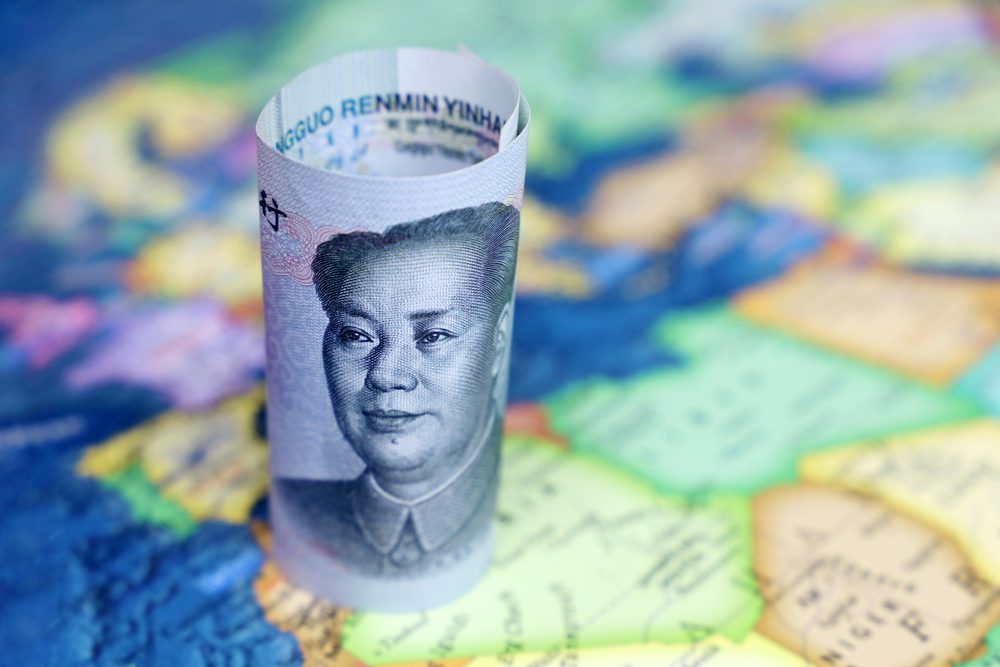
Berlin is keen on diversifying its business interests in Asia. In doing so, it will become far less dependent on China, German Economy Minister Robert Habeck (Greens) said in an interview with Deutsche Welle in Singapore on Sunday, November 13th.
The push for the move comes as Russia’s invasion of Ukraine, and its triggering of a spree of sanctions—de facto cutting off Russia from the West—has laid bare the danger of over-reliance on a single country as a dominant trading partner for energy supplies.
Habeck expressed his commitment to avoiding this scenario with other critical sectors like telecommunications, chips, and semiconductors. These “must be protected,” Habeck said, while speaking on the sidelines of a conference exploring ways to diversify German business investments in Asia.
“This does not mean that there is no possibility to do business,” he clarified. “But we have to take care that we have [our] own sovereignty in this field, and this is how we are acting now.” His country, the economy minister said, is still “of course, interested in trade with China, but not in stupid trade with China.”
Only last week, Habeck blocked Silex, a Swedish subsidiary of China’s Sai Microelectronics from buying Elmos, a German chip plant; a decision met with surprise by the Dortmund-based manufacturer of semiconductors, which was under the impression that his ministry had “informed all parties involved that the transaction will probably be approved.” The move was a calculated one for Habeck, who noted that “the security of order in Germany must be protected and critical production areas require special protection.”
Besides chipmakers, there are other areas of concern for Habeck. During the Sunday interview, he said that any Chinese investment in airports, hospitals, and ports would be “problematic.”
Within Germany’s three-party coalition government, Chancellor Olaf Scholz’s Social Democrats have been less keen on the slow paradigm shift observed within Habeck’s Green party. A controversial November 4th visit from the chancellor to Beijing strongly suggested Scholz’s goal of bolstering trade relations.
The visit came a month after Berlin agreed to surrender part of a terminal in the strategically important port of Hamburg to the Chinese state-owned company Cosco. While that deal was a watered-down version of the original, it caused a rift within the coalition.
Habeck, who had always been opposed to the investment, pointed out that while this deal was slimmed down, he found it to be “only a half-measure, a half-victory in a way.” But to preserve unity in the Cabinet, “this was the only way,” he said.
Taking issue with the observation that Germany’s stance on China appears somewhat muddled, Habeck noted that, on the contrary, in recent months a more cautionary tone had been struck by its politicians. He noted that China remains Germany’s second-largest export market and its largest source for imports, he added—a fact which would do much in dissuading the nation from doing an all-out U-turn in the short term.
Indeed, while there is disagreement on some details, “the general strategy is completely clear,” he went on. “We want to protect our critical infrastructure. We want to protect our sectors where critical goods and knowledge are developed. And beyond that, of course, we want to have a trade relationship with China.”
He clarified that unlike the U.S., which is imposing tougher restrictions on tech-related exports to and investment from China, Germany “is not decoupling,” he added. “This is not our way.”
